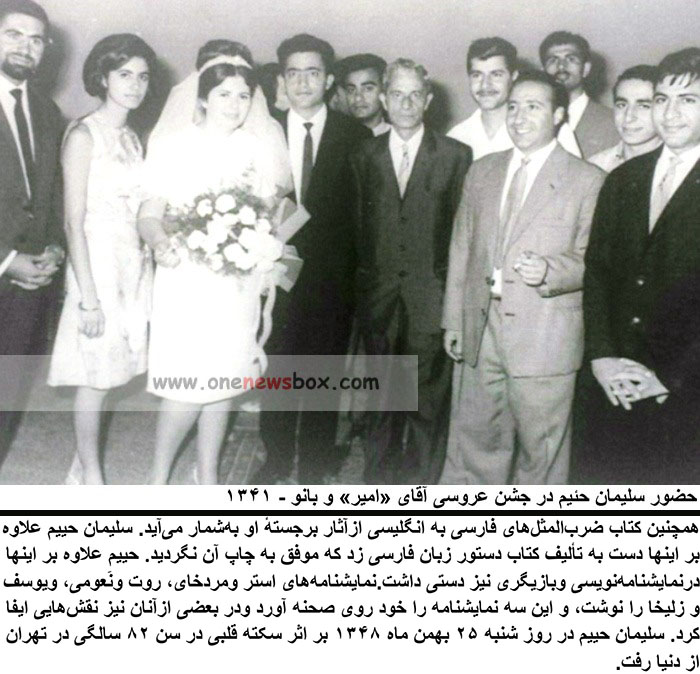In addition, Hayim devoted ten years of his life to compiling a Hebrew-Persian dictionary. This work was particularly significant given his background in Jewish religious studies. He also wrote a Persian-Hebrew dictionary, although he was unable to publish it before his death. The task of its final compilation and publication was taken up by the Kelimian Society.
Hayim’s dictionaries were characterized not just by their linguistic precision, but by the cultural and historical knowledge embedded within them. His deep understanding of religious, literary, and philosophical traditions enriched his work beyond the technical bounds of lexicography.
Other Scholarly and Literary Contributions
Apart from his dictionaries, Hayim made significant contributions to Persian literature and education. He wrote a Persian grammar textbook, which, although never published, was circulated informally among his students and peers. He was also a passionate lover of classical Persian poetry, particularly the works of Hafez and Sa’di, whose verses he frequently cited as linguistic and philosophical references.
Hayim’s literary talent extended into the realm of drama. He adapted three stories from the Torah—Joseph and Zuleikha, Esther and Mordecai, and Ruth and Naomi—into verse plays. These plays were not only written but also directed and staged by Hayim himself, often featuring him in acting roles. These dramatic works represent some of the earliest known examples of modern religious dramatization in Iran and placed Hayim among the pioneers of Iranian theater.
His play Joseph and Zuleikha was published in 1307 SH (1928–29 AD), marking a significant cultural moment when sacred narratives were transformed into performative literature. While these works were religious in origin, Hayim adapted them with a universal humanistic message, appealing to audiences beyond the Jewish community.

